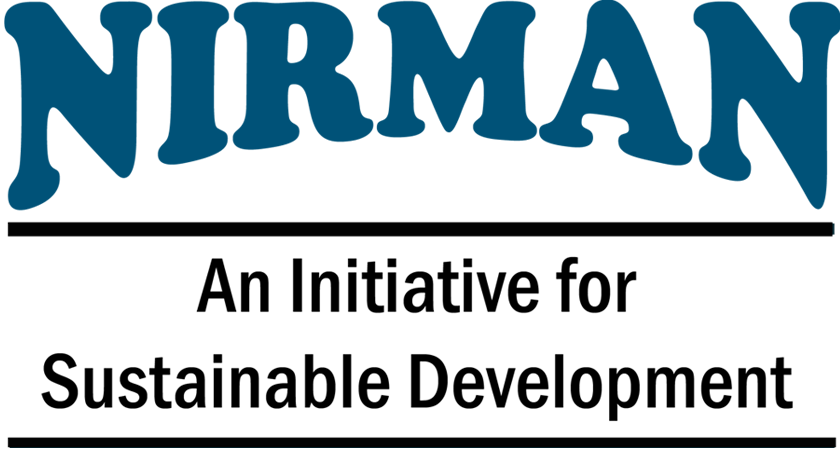Our History
The idea of forming NIRMAN was conceived at Biruda, an interior village of Nayagarh district where it was later registered. This areas encountered several issues of natural resource management in the region including degradation of ecological agriculture and the struggle of community forestry groups for legal recognition. NIRMAN’s founder and present ED Prasant Mohanty, who is a native of this village, himself hailed from a farmer’s family and witnessed the immense struggle his own and neighbouring farming families had to undergo to deal with crop failure, pest attacks, low agricultural productivity and recurring debts. Besides, small size of lands, gradual replacement of diverse food base by mono crops and indiscriminate use of pesticide also caused lots of disappointment in him. These issues kept bothering him and when he decided to act on them he received immense support from the farming community of Nayagarh and other tribal regions. At the same time, Nayagarh, a stronghold of self-initiated community forestry(CFM) activities in India, also saw the struggle of CFM groups for a legal recognition because the centralized system of forest governance was not ready to formally recognize & authorize this form of community forestry despite great success of the latter in restoring the lost glory of degraded forests. Such indifference and lack of recognition for community led forest protection initiatives used to create lot of uncertainties (and conflicts) for the dedicated village communities who sacrificed a lot to save their local forests. Prasant was deeply concerned about these socio-ecological issues, and his endeavours to help address the same resonated well with some other like-minded individuals who started supporting the initiative. And this is how NIRMAN was established in the year 1997. The concern for unsustainable agricultural practices and acute poverty prompted the group to work on land and forest rights of tribal, rural and forest dwelling communities as well apart from focusing on sustainable agriculture. Over the years, NIRMAN adopted various sustainable improved practices in farming like SRI, SSI, SMI, and organic farming etc. which has been adopted by farmers, as a parallel initiative supporting the cause of forest dwelling communities. These initiatives gained momentum after the Forest Rights Act was promulgated in 2006.

Our Vision is promoting equitable
Nirman focuses on restoring the ecosystems with rich biodiversity and has specific intervention in agriculture, natural resource management and governance. The organization is concerned with issues relating to the negative impact of climatic variations and current development paradigm that has endangered the natural resources and traditional knowledge base. Thus, it yearns to have sovereignty over the seed, the soil, the land, water, the indigenous knowledge system and strives to achieve sustainable use of natural resources and democratize its governance pattern.
Our Vision is promoting equitable
Nirman focuses on restoring the ecosystems with rich biodiversity and has specific intervention in agriculture, natural resource management and governance. The organization is concerned with issues relating to the negative impact of climatic variations and current development paradigm that has endangered the natural resources and traditional knowledge base. Thus, it yearns to have sovereignty over the seed, the soil, the land, water, the indigenous knowledge system and strives to achieve sustainable use of natural resources and democratize its governance pattern.

